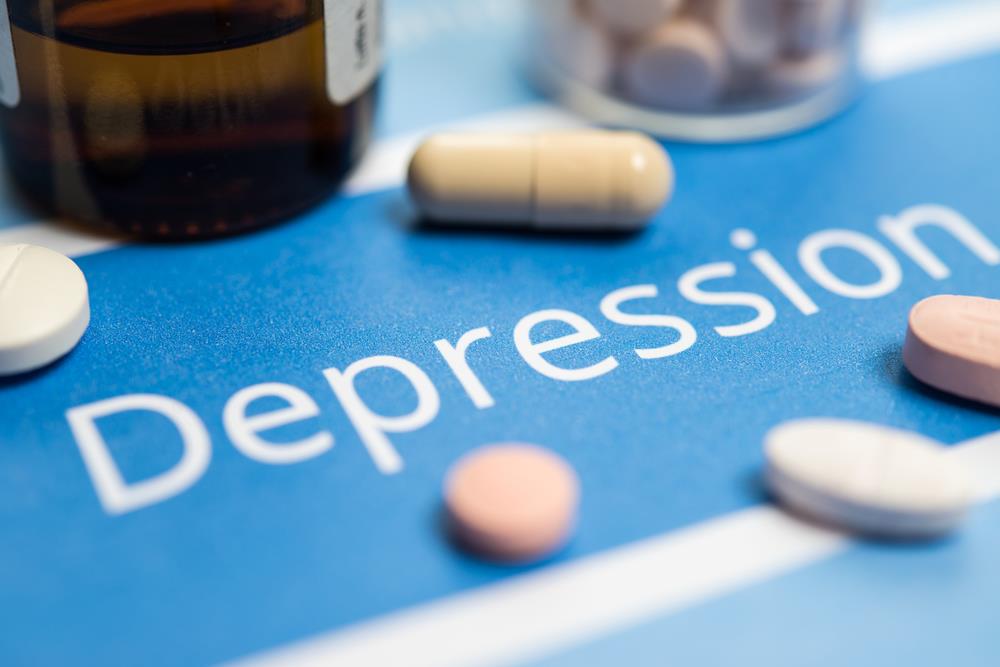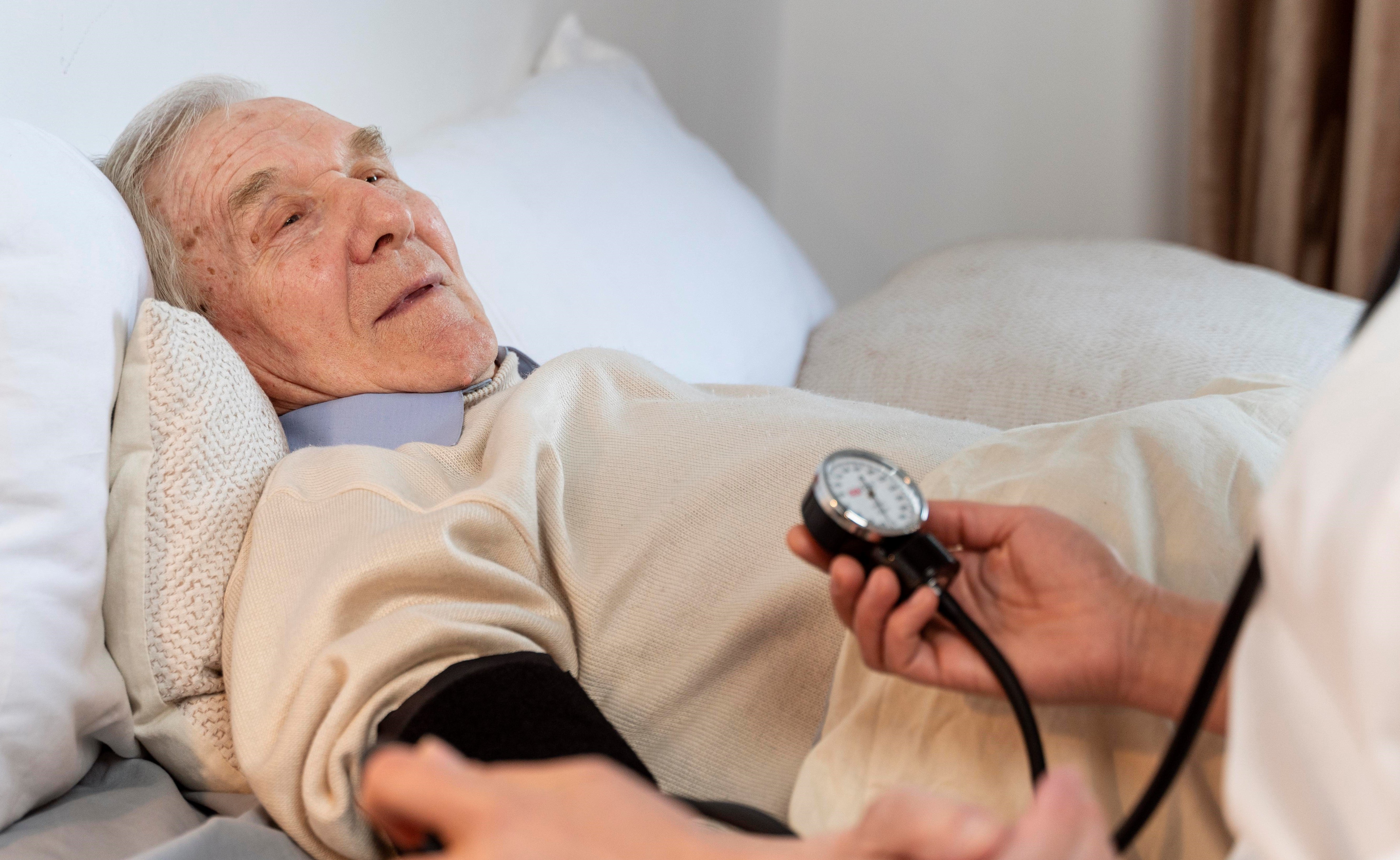Hypertension, also known as high blood pressure, and depression are two health conditions that can have a big impact on a person's life. Although they may seem like two unrelated issues, recent research has found that there may be a connection between hypertension and depression.

What is Hypertension?
Hypertension is a condition where a person's blood pressure is consistently high, putting extra strain on their heart and blood vessels. Over time, hypertension can lead to serious health problems like heart disease, stroke, and kidney disease. Hypertension is often called the "silent killer" because it usually has no symptoms, so many people don't know they have it.

What is Depression?
Depression is a common mental health condition that affects how a person feels, thinks, and acts. It can cause persistent feelings of sadness, hopelessness, and a lack of interest in activities that used to bring joy. Depression can also affect a person's sleep, appetite, and ability to concentrate. It's important to note that depression is not a sign of weakness and is a treatable condition.

The Connection Between Hypertension and Depression:
Studies have found that hypertension and depression are connected, meaning that having one condition may increase the risk of developing the other. For example, people with depression may be more likely to develop hypertension. On the other hand, people with hypertension may be more likely to develop depression.
There are several reasons why hypertension and depression may be linked. For one, depression can lead to changes in behavior, such as not getting enough exercise, eating unhealthy foods, and smoking, which can all increase the risk of developing hypertension. Additionally, hypertension can cause changes in the brain that may contribute to depression.

Managing Hypertension and Depression:
Managing hypertension and depression is important for maintaining good health and improving quality of life. There are many different ways to manage hypertension and depression, including lifestyle changes, psychotherapy, and medications.
Lifestyle Changes:
Lifestyle changes are a great way to manage both hypertension and depression. Eating a healthy diet, exercising regularly, getting enough sleep, and reducing stress can all help to improve both conditions. For example, eating a diet that is low in sodium, saturated fat, and added sugars can help to lower blood pressure, while regular exercise can help to improve mood and reduce symptoms of depression.

Psychotherapy:
Psychotherapy, also known as talk therapy, is a type of treatment that involves talking to a mental health professional about your thoughts, feelings, and behaviors. Psychotherapy can be helpful for managing depression and learning coping strategies. There are many different types of psychotherapy, such as cognitive-behavioral therapy and interpersonal therapy, which can be tailored to the individual's needs.

Medications:
In some cases, medications may be necessary to manage hypertension and depression. There are many different types of medications available for both conditions, and they work in different ways. For hypertension, medications like diuretics and ACE inhibitors can help to lower blood pressure, while for depression, medications like selective serotonin reuptake inhibitors (SSRIs) and serotonin and norepinephrine reuptake inhibitors (SNRIs) can help to improve mood.
Conclusion:
Hypertension and depression are two common health conditions that can have a big impact on a person's life. It's important to be aware of the link between these two conditions and to take steps to manage both for better health and quality of life. Lifestyle changes like exercise and a healthy diet, psychotherapy, and medications can all be effective ways to manage hypertension and depression. By working with a healthcare provider, individuals can develop a personalized plan to manage these conditions.




Leave a comment
This site is protected by hCaptcha and the hCaptcha Privacy Policy and Terms of Service apply.